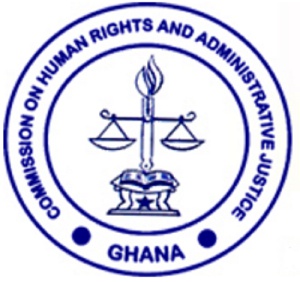 Most of the infractions were against women and children
Most of the infractions were against women and children
The Central Regional office of the Commission on Human Rights and Administrative Justice (CHRAJ) last year recorded a total of 568 reported cases as compared with the 694 cases recorded in 2019.
The total number of cases were made up of 561 human-rights infractions, seven administrative justice with no anti-corruption case reported.
One hundred and nineteen (119) of the cases were brought forward from 2019 while 105 are pending as at the end of 2020.
Mr. Theophilus Tetteh Tuwor, Central Regional Director of the Commission made this known in an interview with the Ghana News Agency (GNA) in Cape Coast.
He stated that a total of 86 infractions were registered on women’s rights which included non-spouse maintenance and denial of pregnancy, while 133 were recorded on property rights including intestate or inheritance and share of property.
He said such human rights infractions were against women and children who were the most vulnerable.
Buttressing his explanations, he said: “A child may not know his or her rights or the existence of these institutions to make certain reports on the abuse of their rights until he or she is assisted to make such reports”.
He said child protection guaranteed the rights of all children to a life, free from violence, abuse, exploitation, neglect, among others.
Mr Tuwor highlighted several economic and social complainants on non-payment of salary, wrongful termination of employment and breach of agreement which totalled 112.
Thirty-eight (38) civil and political rights like discrimination, disclosure of status and harassment were reported during the year under review.
The Regional Director of CHRAJ called on parents, family members, and community leaders to report cases of sexual abuse of children to expose perpetrators, adding that CHRAJ was ready to offer protection to citizens who reported crimes to avoid victimization.
The Commission, had also scaled-up public education programs at the community level, schools, groups, and institutions on how they could demand accountability from public officers.
Such engagements, he said, offered the citizenry the opportunity to learn basic human rights and allowed those who ordinarily would not have the opportunity to access legal services to also report and pursue corruption-related cases.